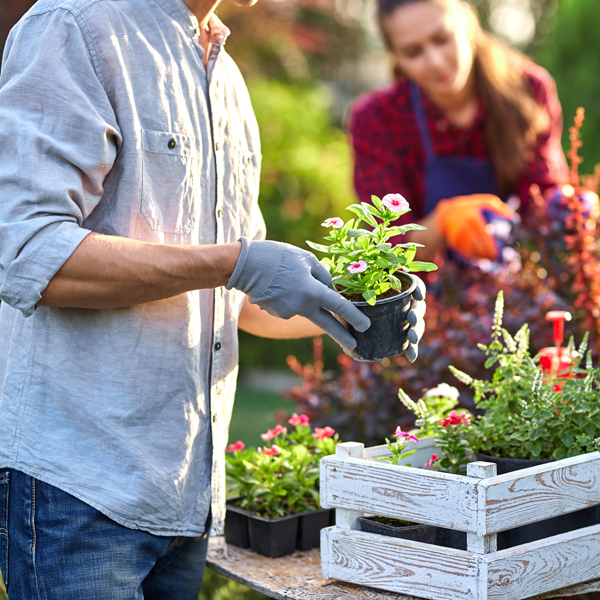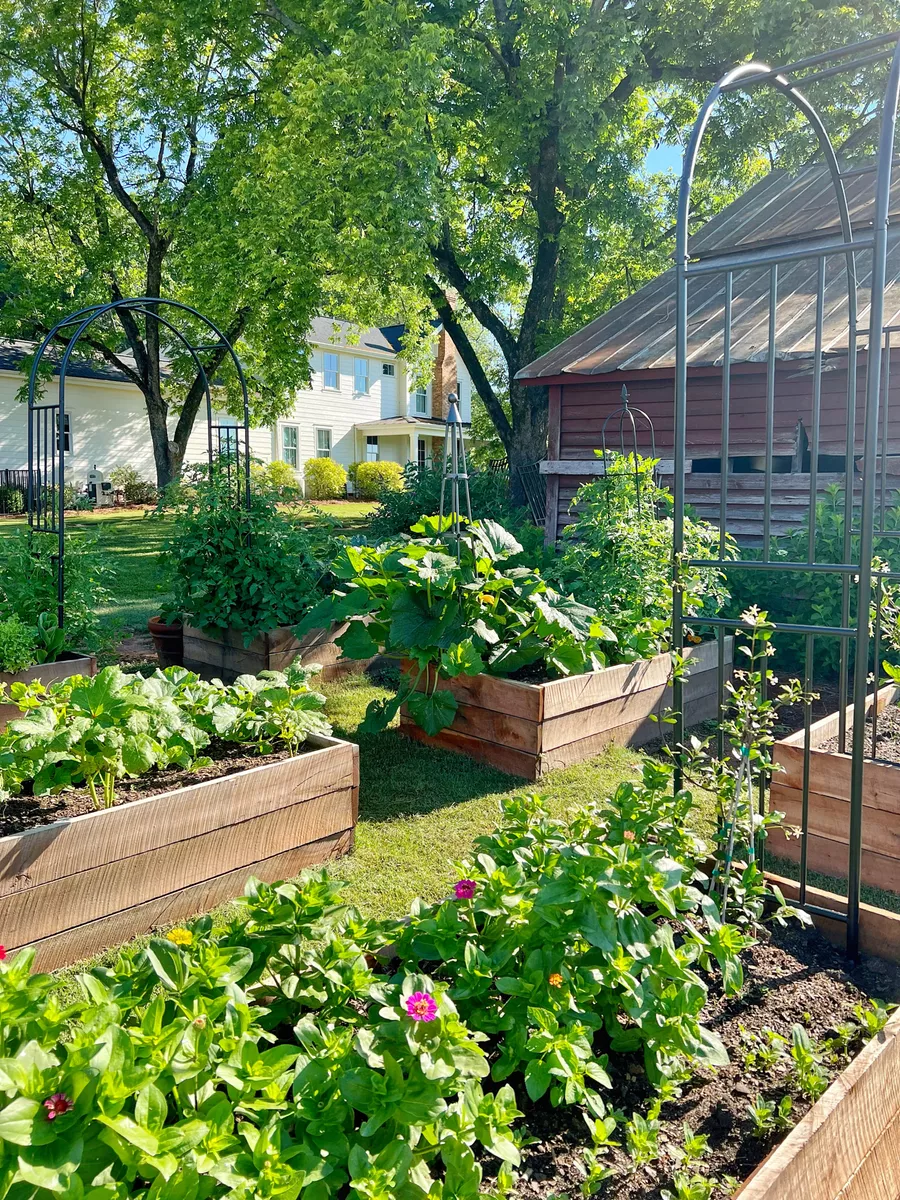Leading Gardening Techniques to Increase Plant Development and Health And Wellness
Leading Gardening Techniques to Increase Plant Development and Health And Wellness
Blog Article
Unlocking the Benefits of Gardening: A Detailed Appearance at the Various Types and Their Effect On Health
Discovering the multifaceted benefits of gardening exposes a range of methods that substantially improve private wellness. From vegetable and herb yards to container and increased bed setups, each kind supplies distinct benefits that extend past simple cultivation. These tasks not just foster physical wellness with energetic engagement however additionally add to psychological health by easing stress and anxiety and encouraging mindfulness. As we take a look at these diverse gardening strategies, it becomes apparent that their influence can resonate on personal, social, and ecological degrees, prompting a better look at exactly how these links develop a natural narrative of holistic health and wellness.
Sorts Of Horticulture

Blossom gardening, another preferred category, highlights the aesthetic appeal of grown blooms. This type can boost landscapes and advertise biodiversity by attracting advantageous pollinators. Likewise, natural herb gardening includes growing fragrant and cooking plants, adding both to cooking and all-natural treatments.
Container gardening offers adaptability, allowing people with limited space to take part in horticulture by utilizing pots and planters. This approach is especially popular in metropolitan setups. Raised bed horticulture, on the other hand, involves developing raised plots that enhance soil water drainage and accessibility, making it simpler for gardeners to manage their plants.
Lastly, community horticulture cultivates partnership amongst individuals in shared rooms, promoting social communication and collective duty. Each sort of horticulture serves unique objectives and accommodates various preferences, making horticulture a versatile task that can be customized to specific needs and atmospheres.
Mental Wellness Advantages
Engaging in numerous kinds of gardening not only produces tangible benefits such as fresh fruit and vegetables and stunning flowers yet also supplies significant mental health benefits. Research shows that gardening can be a powerful device for reducing anxiety, stress and anxiety, and clinical depression. The act of having a tendency to plants and growing a garden promotes a feeling of purpose and success, which can improve overall emotional well-being.
Furthermore, horticulture motivates mindfulness, as it requires individuals to concentrate on the present minute, whether it be planting seeds or supporting development. This mindfulness practice can cause minimized rumination and improved mood stability. The direct exposure to all-natural environments during horticulture has also been linked to enhanced cognitive operating and lowered sensations of fatigue.
Social interaction plays a crucial role in mental health and wellness, and neighborhood horticulture initiatives supply chances for individuals to get in touch with others, promoting a sense of belonging. The shared experience of gardening can grow relationships and assistance networks, additionally boosting emotional durability.
Physical Wellness Advantages
Many people might not recognize that gardening also offers significant physical health and wellness benefits. Participating in gardening activities requires a range of physical motions, consisting of bending, lifting, digging, and growing, which jointly add to enhanced strength, versatility, and endurance. These activities can improve cardio health by advertising an elevated heart price, therefore lowering the threat of heart condition.
In addition, horticulture can work as a moderate-intensity workout, assisting people achieve advised physical activity degrees. Researches indicate that routine involvement in horticulture can shed significant calories-- around 200-400 calories per hour, depending upon the intensity of the jobs performed. Such calorie expenditure is helpful for weight monitoring and overall metabolic health.
Additionally, exposure to sunshine during gardening can promote the synthesis of vitamin D, which plays an important function in keeping bone health and supporting immune feature. The act of horticulture commonly entails working with soil, which has been connected to possible straight from the source psychological and physical wellness advantages due to the visibility of useful microorganisms.
Social Connections Via Horticulture
The public elements of gardening foster meaningful social links amongst people. Area gardens, particularly, act as vibrant centers where people from diverse backgrounds collaborated, growing not just plants however additionally connections. These shared rooms encourage cooperation, enabling individuals to trade expertise, abilities, and sources, therefore improving their gardening experience and promoting a feeling of belonging.
Involvement in gardening activities commonly brings about the development of friendships and assistance networks. Participants often unite for typical objectives, such as planting seasons, harvest parties, or instructional workshops, which strengthen interpersonal ties and a fantastic read create a sense of community. Such interactions can reduce sensations of isolation and boost psychological well-being, as individuals discover companionship and sociability in common ventures.
:max_bytes(150000):strip_icc()/garden-glossary-potting-getty-0623-ecf762deed2a43bca2a90183cb03da31.jpg)
Ecological Impact of Horticulture
Horticulture significantly contributes to ecological sustainability in multiple means. Among the most notable benefits is the enhancement of biodiversity. Home gardens offer important environments for numerous species, including pollinators such as and butterflies, which are important for environment health. By growing diverse plant species, gardeners can create a well balanced environment that supports both plants and animals.

Additionally, gardens play a vital duty in water preservation. Tactical landscapes, including native plants and xeriscaping, lower water use and protect against overflow, thereby protecting regional waterways from pollution.
Final Thought

In final thought, horticulture works as a complex activity that enhances well-being across numerous domain names. The diverse types of horticulture-- including vegetable, flower, herb, container, and resource raised bed-- contribute to psychological and physical health and wellness, foster social connections, and promote environmental sustainability. By participating in horticulture practices, people can experience improved lifestyle while also sustaining community bonds and environmental health and wellness. Eventually, the all natural benefits of gardening emphasize its relevance as a vital component in enhancing overall health.
Report this page